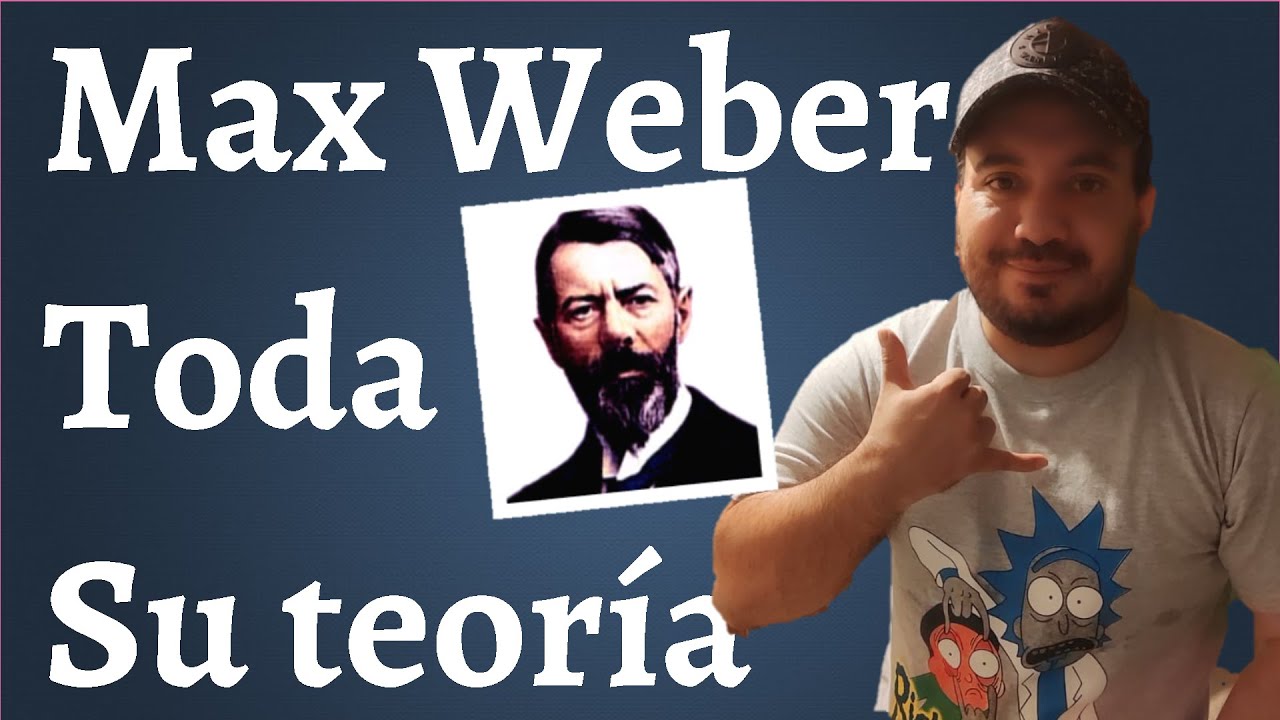7.6 The Three Ideal Types of Authority
Summary
TLDRThe script explores Max Weber's theory of authority, distinguishing between three ideal types: charismatic, traditional, and rational-legal. Charismatic authority is based on the extraordinary qualities of a leader, demanding obedience. Traditional authority stems from the belief in the sanctity of ancient customs and the legitimacy of those who uphold them. Rational-legal authority is the most modern, where obedience is due to the official's position and legal mandate. The script highlights how these types of authority can overlap in real-world scenarios and how charismatic authority can re-emerge during crises, exemplified by figures like JFK and Nelson Mandela.
Takeaways
- 🔫 A person having power over another is evident when one threatens the other, like pointing a gun, demonstrating coercive power.
- 🛡️ Authority is different from power; it exists when someone obeys without coercion, believing the person giving orders has a right to do so.
- 📜 Max Weber explored how raw power can evolve into legitimate authority over time.
- 📚 Weber identified three ideal types of authority, which correlate to types of social actions.
- ⭐ Charismatic authority is based on belief in the exceptional qualities, such as holiness or heroism, of a leader.
- 🏛️ Traditional authority comes from long-standing traditions and the legitimacy of those called to rule by those traditions.
- ⚖️ Rational-legal authority is rooted in rules and laws, where officials enforce them with competence, like a police officer giving a fine.
- 🌀 In reality, these types of authority often mix, especially in modern nation-states, though rational-legal authority tends to dominate.
- 👑 Even in modern societies, traditional and charismatic authority can still play roles, especially in crises when people seek charismatic leaders.
- 📈 Weber noted that while charismatic authority often fades, it can resurge in times of uncertainty, with figures like John F. Kennedy or Nelson Mandela.
Q & A
What is the difference between power and authority according to the transcript?
-Power involves coercion, such as a person being forced to obey due to a threat, while authority involves voluntary obedience without the need for force, as the person believes in the legitimacy of the authority.
How does Max Weber define charismatic authority?
-Max Weber defines charismatic authority as authority based on the belief in the extraordinary qualities of a leader, whether religious, political, or otherwise. This leader is seen as superior to ordinary people, and their exceptional characteristics command obedience.
What example is given to illustrate traditional authority?
-An example of traditional authority given in the transcript is the Dutch monarchy, where some people believe that the royal family of Orange is ordained by God to rule over the Netherlands based on ancient traditions.
What is rational-legal authority, and how does the transcript illustrate it?
-Rational-legal authority is based on established laws and procedures. The example given is a policewoman issuing a fine for a broken bicycle light, where obedience is based on her legal authority, not on tradition or charisma.
How does Weber relate charismatic authority to social action?
-Weber links charismatic authority to affective social action, where people follow a leader because of their emotional attachment or belief in the leader's extraordinary qualities.
What does the transcript say about the relationship between different types of authority?
-The transcript notes that in reality, there are often mixtures of different types of authority, such as in Dutch politics, which primarily features rational-legal authority but also contains elements of traditional and charismatic authority.
Why might charismatic authority make a comeback in times of crisis?
-Charismatic authority may return during times of crisis because people feel disoriented and look for a strong leader who can guide them out of chaos, even in modern times.
How does Weber’s classification of authority relate to modern society?
-Weber’s classification highlights that rational-legal authority is dominant in modern society, with traditional and charismatic forms of authority becoming less common, except in specific situations such as crises.
What historical figures are mentioned as examples of charismatic authority?
-John F. Kennedy and Nelson Mandela are mentioned as examples of modern political leaders who embodied charismatic authority.
What are the three ideal types of authority according to Weber?
-The three ideal types of authority, according to Weber, are charismatic authority, traditional authority, and rational-legal authority.
Outlines

هذا القسم متوفر فقط للمشتركين. يرجى الترقية للوصول إلى هذه الميزة.
قم بالترقية الآنMindmap

هذا القسم متوفر فقط للمشتركين. يرجى الترقية للوصول إلى هذه الميزة.
قم بالترقية الآنKeywords

هذا القسم متوفر فقط للمشتركين. يرجى الترقية للوصول إلى هذه الميزة.
قم بالترقية الآنHighlights

هذا القسم متوفر فقط للمشتركين. يرجى الترقية للوصول إلى هذه الميزة.
قم بالترقية الآنTranscripts

هذا القسم متوفر فقط للمشتركين. يرجى الترقية للوصول إلى هذه الميزة.
قم بالترقية الآنتصفح المزيد من مقاطع الفيديو ذات الصلة
5.0 / 5 (0 votes)






